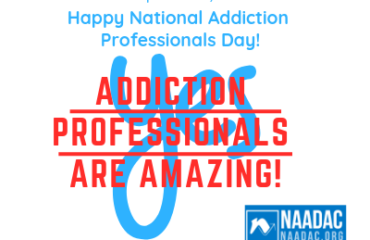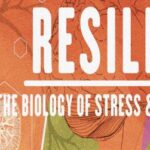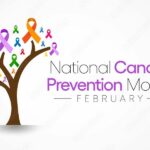Creative Solutions to Addiction Problems

Facing life problems during early recovery can be a hard dose of reality. Because of this, it is important for recovering people to heed the well-known AA slogan “Keep it simple” in order to avoid feeling overwhelmed. The recovery process itself (and confronting one’s addiction problems in treatment) can stir up lots of feelings that had been buried during years of alcohol and drug abuse.
For addiction to fester, a person typically avoids talking about personal problems and/or acknowledging the need for self-evaluation and self-change. Denial and avoidance become familiar patterns for those struggling along in active addiction. Denial, avoidance, procrastination, and blame are fuel for addiction and they feed a mental attitude & belief system which keep individuals from honestly facing the harsh realities that have developed in their lives.
Denial is I don’t really have a problem. Avoidance is simply running the other way when serious situations are developing. Procrastination is the chronic putting off of essential responsibilities. Blame is manipulation used on other people to make them feel responsible for one’s own poor choices and irresponsible actions. Denial, avoidance, procrastination, and blame become a daily skill set for some people very sick in their addiction. Because of this pattern of living, problems begin to mount and feel like they are closing in from all directions. Addiction is always there … waiting with open arms. Since alcohol and drugs may become a chief coping tool for the individual, the person spirals deeper into substance abuse … which begets more isolation and life problems.
So where does this end? When does it stop? A new start is generally made when, and only when, the addicted person admits that a problem exist and that it is their problem. This is a profound truth, and one that has been around for a long time. AA and NA’s success are predicated on this acceptance of a problem, and this concept is embodied clearly in the AA/NA 12 Step program. In treatment, this move toward acceptance is defined as contemplating the need for change.
To have a chance at a sober life, he or she must accept the problem, but also commit to change – to choose a different path. Ironically, there are people who will eventually acknowledge their problem, yet not choose the solution. That is, they do not commit to doing the things that lead to a sober life. Why? Why would a person admit their problem, but not choose to fix it?
The answer is complex and is rooted in neuroscience, the innate power of human compulsions and long-term, ingrained behavioral habits. Why do those with dangerous weight issues not adhere to nutritional improvements and increased exercise? Why would a smoker with emphysema or COPD slip and smoke after their physician has warned them of serious health consequences?
With addictions, there is a powerful neurochemical component that drives thinking and behavior – and which compel a person to repeat the same behavior even when it is detrimental to their well-being. This change in brain chemistry is something that develops over time and is not easily reversed. While neurochemical changes intensify addiction, addiction is also shaped by years of behavioral choices – lifestyle, attitudes, and the social influences of those around us. Our ability to choose and our motivation to stay the course is the result of a complex, interconnected series of events.
Those that achieve success with recovery are the ones that choose to follow a different path and who stay on that path. On the path to recovery are new ideas and new experiences. The dark realities of one’s past are at times lightened by a new hope that things will get better. In the recovery process, old attitudes can be replaced by a new outlook that offers insight and understanding. These things typically do not happen without the input and guidance of healthy, positive, responsible people around the addicted person.
There is an old adage: “You can’t go back to being the person you were before. That person became addicted.” In other words, positive change & growth are fundamental parts of staying sober and staying healthy. Recovery from addiction is a process. It takes time. It grows with effort and commitment. No one graduated from college in a day. They must take the first step. People don’t wake up in recovery or miraculously wake up with a college degree. These must be earned, and are the result of choosing a distinct path. Along the way, creative solutions emerge to many of life’s more complex problems. Some might say that prayers are answered.
A famous Catholic priest and alcoholism counselor, Father Martin, once said to a group of people in early recovery “Yes, faith can move mountains, but bring a shovel.” He then proceeded to talk about how each person must do their part in choosing a healthy path to wellness. Denial won’t get you there, and neither will blame. Acceptance will open the door. Then a decision must be made to move forward toward the solution.











